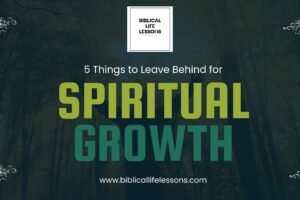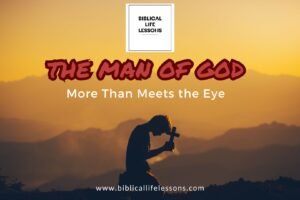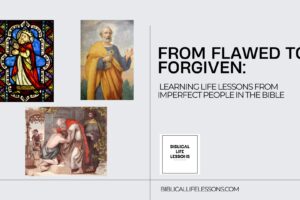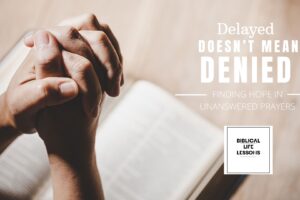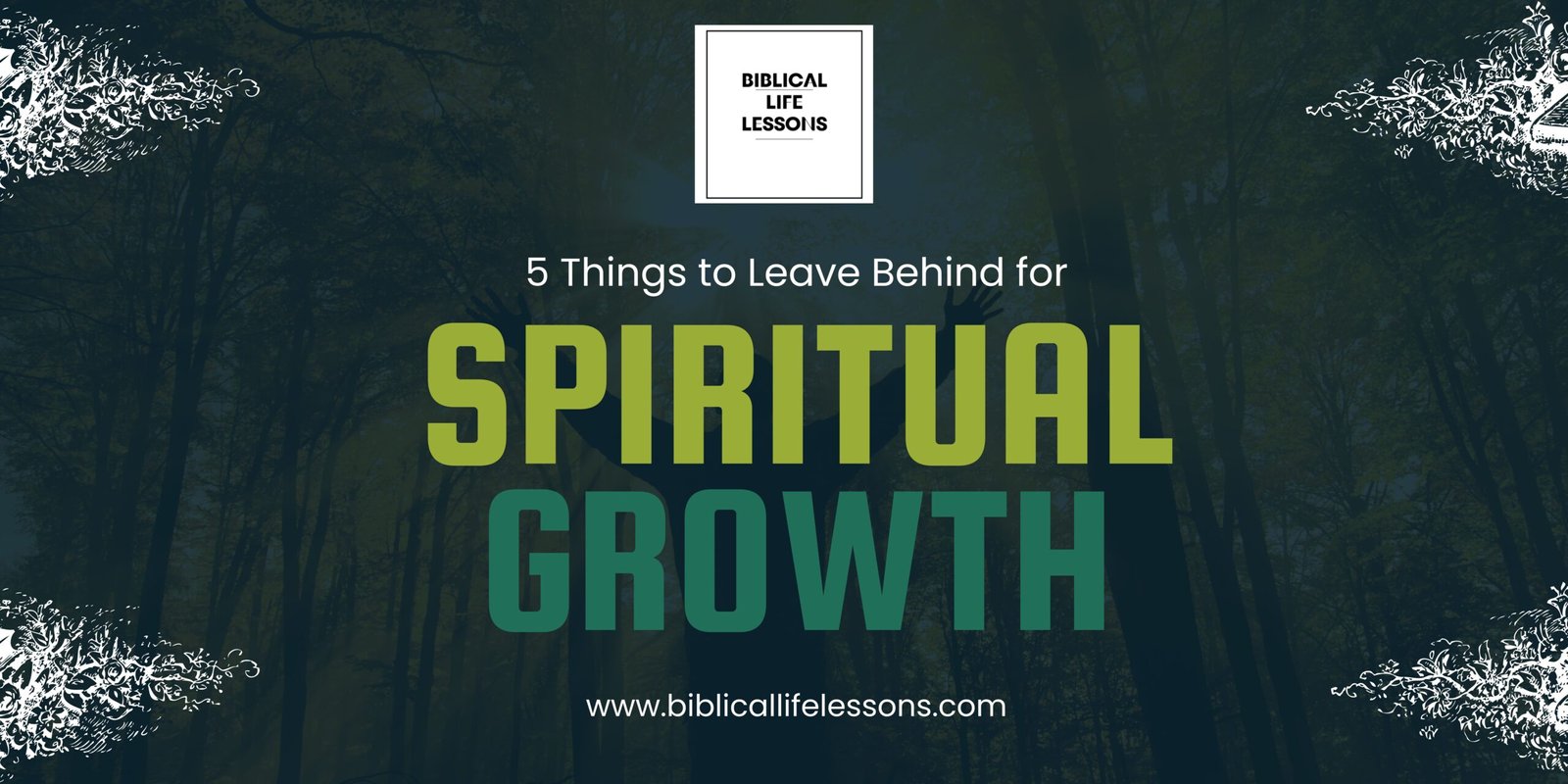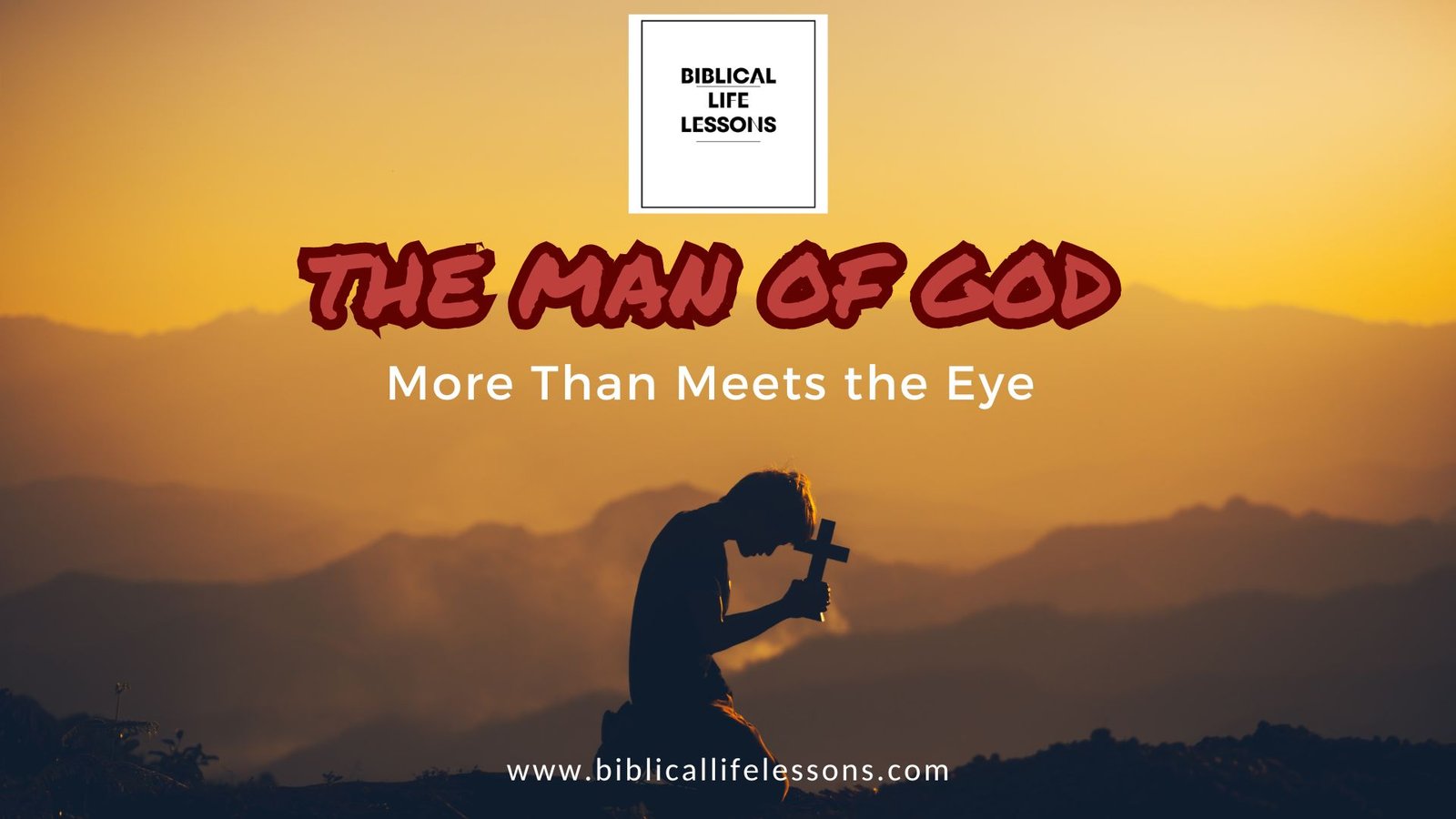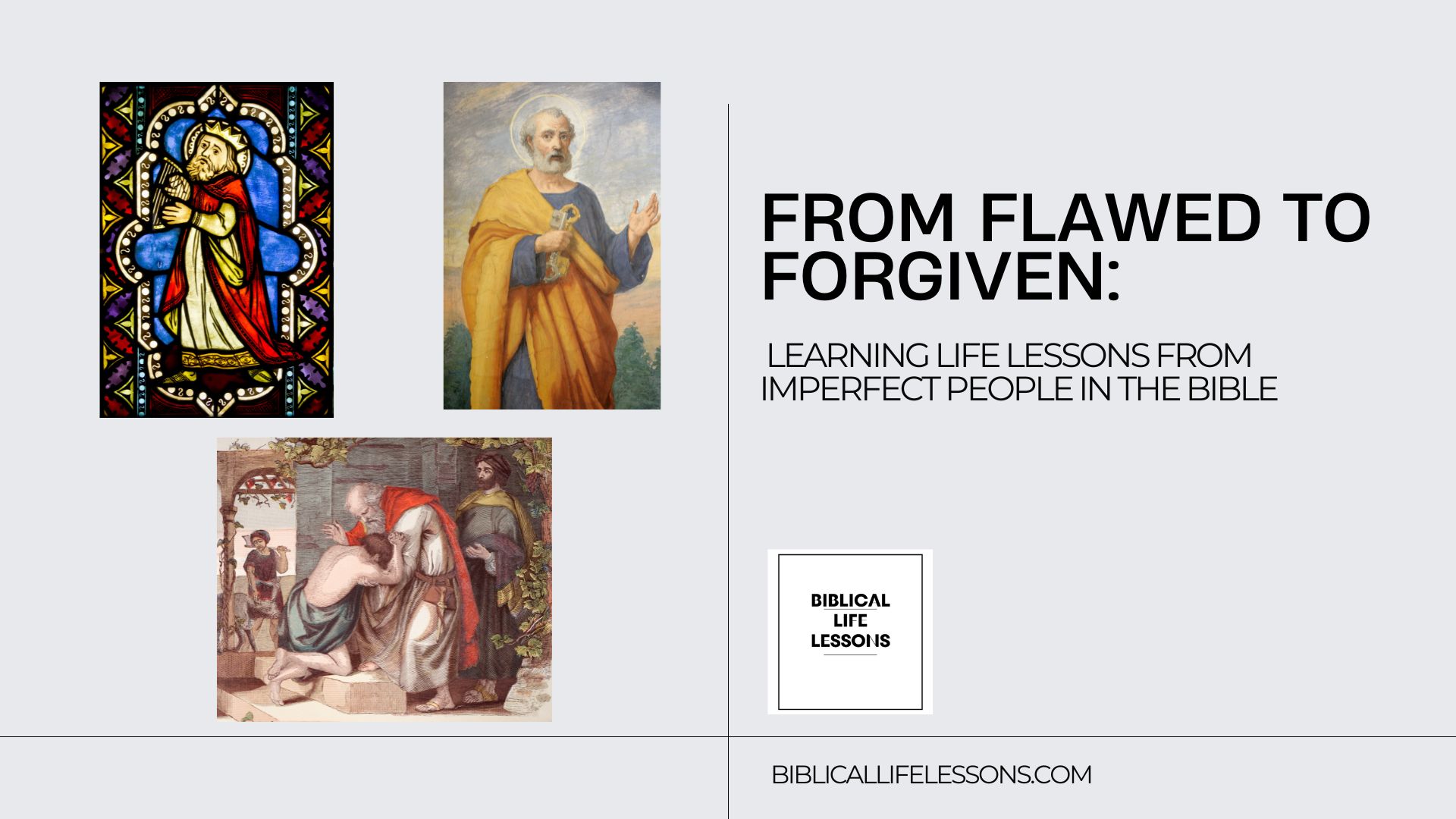In the vast library of human experience documented within the Bible, few passages resonate with such raw vulnerability and yearning for redemption as Psalm 51. Composed by King David, a man intimately familiar with both the heights of divine favor and the depths of human sin, this psalm offers a profound meditation on the restorative power of God’s forgiveness and the enduring joy of salvation.
The Depths of Regret: Acknowledging Transgression (Psalm 51:1-4)
The psalm opens with a desperate plea for mercy. David recognizes the gravity of his transgressions and begs God for cleansing. He doesn’t shy away from the weight of his sin, acknowledging it as a continual presence: “For I know my transgressions, and my sin is always before me” (Psalm 51:3). This unflinching honesty sets the stage for a genuine plea for forgiveness.
The Centrality of God: Sin Against a Loving Creator (Psalm 51:4)
One of the most striking aspects of David’s lament is his recognition that his sin is not merely a social transgression, but an offense against God himself. He declares, “Against you, you only, have I sinned” (Psalm 51:4). This highlights the core belief of Judaism and Christianity – that sin is ultimately a rebellion against the divine. It’s a rejection of God’s loving will and a violation of the sacred bond between humanity and its Creator.
The Yearning for Restoration: Cleansing and Renewal (Psalm 51:7-12)
Having acknowledged the weight of his sin, David expresses a fervent desire for purification. He pleads with God to “wash away all my iniquity and cleanse me from my sin” (Psalm 51:2). He longs for a transformation that goes beyond outward actions and reaches the very core of his being. This yearning for a “clean heart” and a “steadfast spirit” (Psalm 51:10) reflects a deep understanding that true repentance requires an internal shift, a realignment of one’s will with God’s.
The Joy of Forgiveness: Rekindled Relationship (Psalm 51:12-14)
Central to the message of Psalm 51 is the profound joy that accompanies forgiveness. David pleads for the restoration of the “joy of [God’s] salvation” (Psalm 51:12), a clear indication that true happiness is found not in earthly pursuits, but in a restored relationship with God. This joy is not merely the absence of guilt, but a deep sense of peace and renewed purpose that comes from being reconciled with one’s Creator.
The Power of Transformation: Living a Life Worthy of Forgiveness (Psalm 51:13-19)
Having received God’s forgiveness, David recognizes the responsibility that comes with it. He desires not only to be cleansed of past sins, but also to be empowered to live a life that reflects his newfound commitment. He asks God to “teach transgressors your ways” (Psalm 51:13), implying a desire to be a conduit of God’s forgiveness and lead others towards redemption.
David also acknowledges the importance of genuine repentance that manifests in outward actions. He pleads with God to “rebuild the walls of Jerusalem” (Psalm 51:18), suggesting a desire to see the consequences of his sin rectified and the community he leads restored.
A Timeless Message: Hope and Renewal for All
The enduring power of Psalm 51 lies in its universality. While written by a specific person in a specific context, its message transcends time and culture. All human beings experience sin and the burden of guilt. All of us yearn for forgiveness and the joy of a restored relationship with something greater than ourselves.
Psalm 51 offers a beacon of hope, a testament to God’s boundless mercy and the transformative power of repentance. It reminds us that even in the darkest moments of regret, there is a path towards renewal and the possibility of experiencing the profound joy of salvation.
